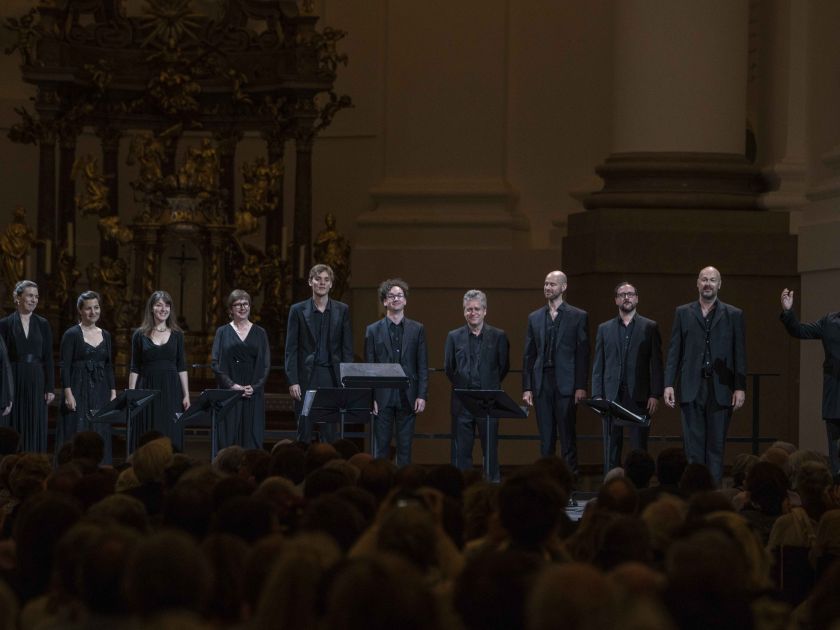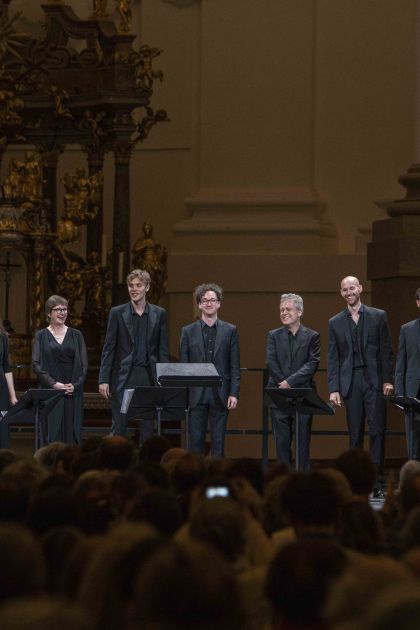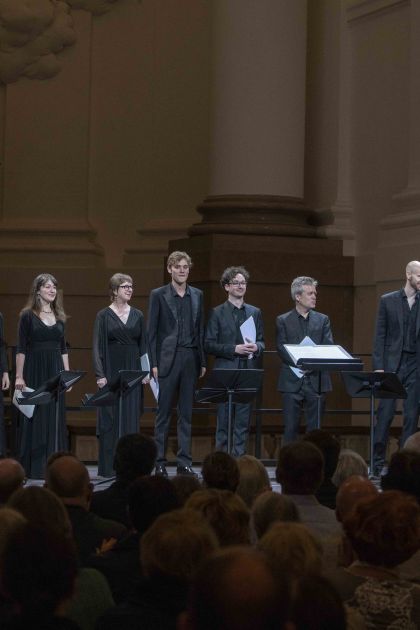‘Tintinnabuli is an astonishing act — the flight into voluntary poverty: the holy men left all their riches behind them and went out into the wilderness. So the composer would also like to leave behind the whole modern [compositional] arsenal and save himself through naked monody, taking nothing but the most essential — only the triad’. This is how Arvo Pärt has summed up his creative principles. His style of composition, which he called ‘tintinnabuli’ (from the Latin for ‘bell’), produces beguiling polymodal harmonies that float between the archaic and the modern. Born in 1935 in Estonia, which was annexed by the Soviet Union in 1940, Pärt first had to fight and develop a sense for his own voice, also in the face of opposition from the regime — in 1980, he emigrated to the West. The world has since been fascinated by the spiritual power of his musical language: his Stabat Mater responds to Pergolesi’s work with an asceticism that is mysteriously sublime and distinctively atmospheric. Three high voices, accompanied by a string trio, deliver Pärt’s setting of the Latin text from the 13th century.
For Giacinto Scelsi, the human voice proved to be an ideal medium for surveying the cosmos of sound. His Three Latin Prayers stand in relation to the homophonic vocal writing of the Gregorian chorale, which Scelsi transposes into crystalline refractions of timbre.



